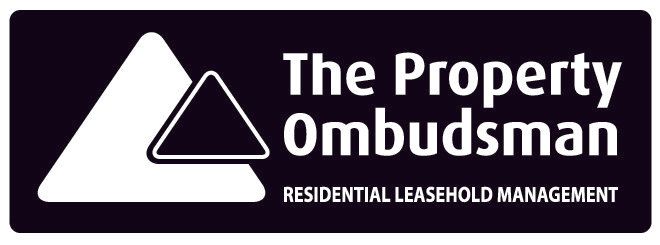EWS1 Certificates – Changes in Government Guidance
New guidance regarding EWS1 forms has brought all buildings into scope, what does this mean for your property?
The EWS1 is not a legal requirement at present but was developed by lenders alongside the Royal Institution of Chartered Surveyors (RICS) to make the valuation process easier. An assessment is required every five years but may be necessary sooner if the property undergoes any work that affects the original conclusions. The EWS1 form covers the building as a whole, so multiple sellers in the same block can provide the same assessment when selling their property.
The biggest challenge that Block Managers and Leaseholders face, is that the certification required to carry out these inspections is somewhat rare. Currently, there are only around 300 qualified assessors in the UK. Therefore, they have had to prioritise buildings that are either taller or known to have cladding. Unfortunately, this means that some buildings may not be examined for up to five years.
According to the RICS website, The Ministry of Housing, Communities and Local Government says: “We do not support a blanket approach to EWS1 forms on buildings, and where owners are able to demonstrate their buildings are safe using other equivalent evidence, we would encourage lenders to accept that. We are investigating further actions we can take to support the industry, including looking at ways to address capacity issues.”
The Cleaver Property Management team are familiarising themselves with the new guidance and will keep up-to-date with any changes so that we can communicate them to our clients and readers. We will always make sure that any third-party contractors are vetted, including checking for relevant certifications and public liability/professional indemnity cover. If you have any questions or would like any further information, please ask a member of the team and we will do our best to assist or point you in the right direction.
For further information, you may wish to refer to one or all of the following sources:
gov.uk/government/publications/building-safety-advice-for-building-owners-including-fire-doors















